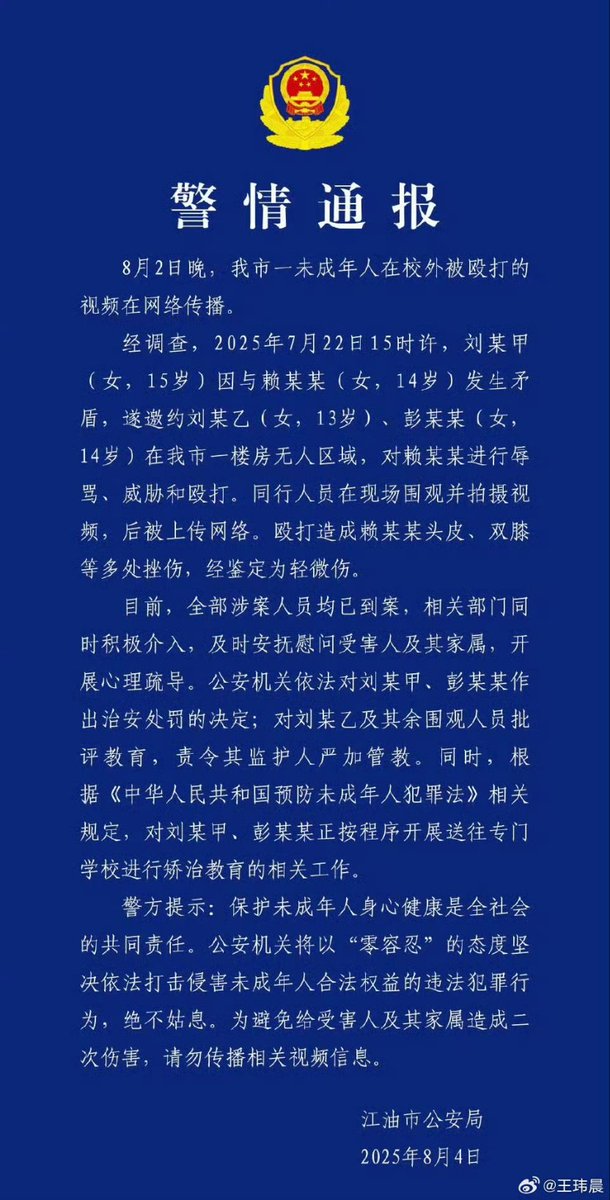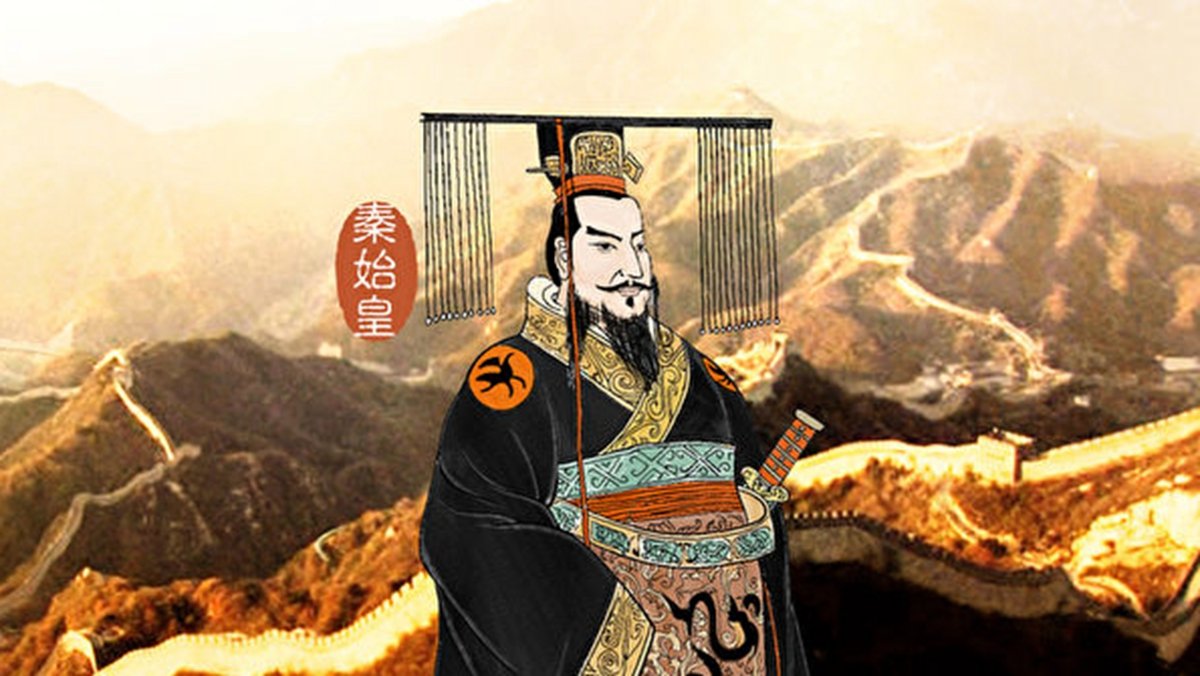In China, every university freshman has to take part in military training.
This is the freshman military training of Peking University.👇
This is the freshman military training of Peking University.👇
Military training for freshmen in GuiZhou University of Finance and Economics. Everyone has to take part in the 7.8 km long-distance training.
Tsinghua University Freshmen 40 km endurance training.
Fudan University freshmen team-building training.
• • •
Missing some Tweet in this thread? You can try to
force a refresh






















